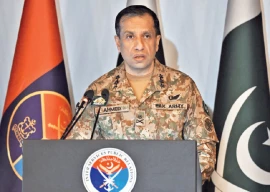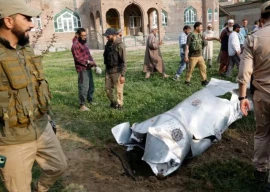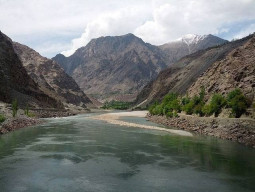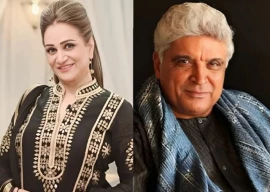
Pakistan will have to come clear to its neighbours including Afghanistan, Russia, Iran and India and delink itself from historical strategic doctrines to take advantage of its regional potential for economic development.
This assertion was made by speakers at a seminar titled ‘Pakistan’s relations with Shanghai Cooperation Organisation (SCO) in the light of forthcoming presidential visit to the region’ held here on Wednesday.
The event, which was jointly organised by the Defense and Strategic Studies Department of the Quaid-i-Azam University and the Centre for Research and Security Studies, provided insightful information to civil society and students over Pakistan’s relations with regional states.
Stressing for balanced relationship with the countries in the SCO, the speakers including politicians, academicians, diplomats, and researchers underlined that Pakistan needs to make adjustments in its foreign policy in the context of today’s changed world, wherein economy and trade have become the muscle of bilateral relationship.
“Pakistan must be a responsible player in the region by giving up cohabitating with terrorism”, said Marvi Memon, MNA from Pakistan Muslim League-Quad-e Azam [PML-Q], adding that ‘no development could take place until the issue of terrorism is handled relentlessly”.
She was of the view that the regional resource sharing can benefit every state if misfortunes like terrorism, separatism, poverty, narcotics and border dispute are overcome.
Referring to the forthcoming visit of President Asif Zardari to Russia, Tariq Fatimi, former ambassador to the US, said that the president should talk to the Russians sincerely, demonstrating that Russia is a power in the region.
He said Russia needs to be assured that “we will not create trouble in Central Asia, not keep Afghanistan on the boil and also have no interest in creating problems for India.” Fatimi warned that there wouldn’t be any improvement in Pak-Russia relations if Pakistan continues to see Russia through the prism of US.
“Pakistan made a mistake by formulating its policy towards Afghanistan on the basis of ethnic divide”, former foreign secretary Riaz Muhammad Khan said adding, “the United States too committed the mistake of declaring the Taliban beyond the page and lumping them together with Al Qaeda.”
He believed that Pakistan still has a role in Afghanistan but only if Kabul or the coalition forces ask for it. The stability in Afghanistan is more important than seeking strategic depth or a ‘friendly government,’ the former foreign secretary maintained.
Giving an assessment of the ten-year war in Afghanistan, Prof Khalid Rehman, director general Institute of Policy Studies, said that the ultimate objective of having a neutral and stable Afghanistan cannot be achieved without withdrawal of the foreign forces from the country. He said economic development of Pakistan lies in its good neighbourly relations.
In its introductory words, Dr Riffat Hussain, chairperson Defense and Strategic Studies Department, Quaid-e Azam University, said that the event has been organised to see what options Pakistan has after the Americans leave and Pakistan could capitalise upon the potential with the Central Asian Republic.
In his concluding remarks, Imtiaz Gul, executive director CRSS, said Pakistan must protect its national interests through economic linkages in the region, instead of piling up arms. He said trade among the regional countries can bring prosperity to all the states in this part of the world.
Former Ambassador Arif Ayub, Maqsud-ul Hassan Nuri, research scholar at Islamabad Policy Research Institute, Fazlur Rehman, research scholar at Institute of Strategic Studies Islamabad and Dr Muhammad Islam also spoke on the occasion.
Published in The Express Tribune, May 5th, 2011.

















COMMENTS
Comments are moderated and generally will be posted if they are on-topic and not abusive.
For more information, please see our Comments FAQ